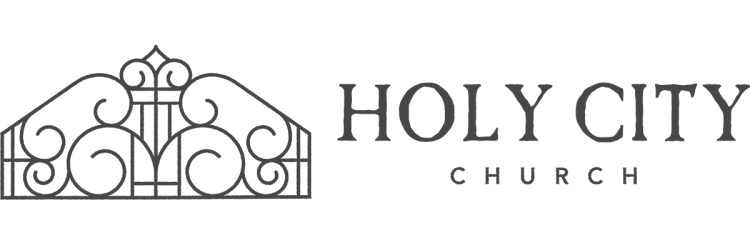Is the Bible true?
July 30, 2019 (Transcript)
What is the nature of the Bible and is it true? The Bible is self-attesting—it claims to be God’s Word, God’s revelation of Himself and of His work in all of His creation. The Bible claims to be the final authority in understanding ourselves, reality, and our Creator-God. This claim is repeated throughout all of the Scriptures. A few examples:
Psalm 119:142—“Your righteousness is righteous forever, and your law is true.”
John 17:17—Jesus prays for His people, “Sanctify them in the truth; your word is truth.”
2 Timothy 3:16—“All Scripture is breathed out by God.”
2 Peter 1:21—“no prophecy was ever produced by the will of man, but men spoke from God as they were carried along by the Holy Spirit.”
The Bible grounds all truth and claims to truth are to be measured in light of Scripture. Ultimately, the Bible perfectly testifies to Jesus Christ and His gospel. And our view of the Bible must be built upon a right view of God. God is perfect and true, so when He speaks, He always speaks truly, perfectly, and authoritatively. God inspired the biblical authors to write exactly what He wanted those authors to write. But in writing Scripture, each prophet or apostle was not simply a robot—a passive divine mouthpiece—nor did the man lose his own personality and freedom. Human freedom is compatible with God’s sovereignty, and God carried men along by the Spirit to reveal His character, His will, and His redemptive plan with its fulfillment in Christ Jesus. The Bible claims to be the Word of God and when read in light of its own assumptions and categories, it is perfectly consistent, unified, truthful, and authoritative for all people everywhere. The Bible alone is the final authority for the church (Hence, the reformation cry: sola Scriptura).
Now there may be someone who says, “you can’t claim that the Bible is the final authority simply because the Bible says so, that’s a circular argument—it’s invalid.” It is a circular argument, there is no doubt, but every ground or foundation for ultimate truth and authority is circular. Circular arguments aren’t necessarily invalid. Someone might say, “well, I believe logic is my authority.” Why so? “I believe in logic because it’s logical to do so.” Another might say, “I believe human reason is the final authority.” Why? “I believe in reason because it’s reasonable to do so.” They’re circular. If something claims to be the final authority on truth but then has to appeal to something else to ground its claims, that something else has become the final authority on truth.
The Bible claims to be the authoritative Word of God and it’s authoritative because it’s God’s speech. It can’t appeal to human reason, or science, or whatever to ground its truth claims because then human reason, science, or whatever becomes the final authority. Reason and science can affirm truth claims, but they can’t ground truth claims. Everyone, including the atheist, must appeal to something to ground his view of the world and reality. And no one is neutral. If none of us is neutral and all authority claims are circular, the question becomes: can the authority you appeal to bear its own weight? Naturalists may appeal to science, but science can’t ground the immaterial laws that govern it. Some atheists appeal to society to ground their views of morality, but societies change or have different codes of morality. If morality is grounded in you or in society or in human laws, how can you say that what Nazi Germany did in the 30s & 40s is morally evil? Nazi Germany believed that what they were doing was right. You say it’s evil. Who’s right, and why? How do you analyze competing truth claims? We must approach competing worldviews and holy books honestly, interpreting them on their own terms to see what view is consistent, faithful to reality, and without error.
Christians believe that the Bible, the 66-book Protestant canon, not only makes these claims but is internally consistent, true, and can bear the weight of its own authority and truth claims. At the end of the day, we need the Spirit of God to help us read the Bible rightly, submit ourselves to its authority, and faithfully defend its truth claims as we share the gospel with others. “Jesus loves me, this I know, for the Bible tells me so.” There is wonderful theology in this children’s song! Christians should be confident that God has spoken and has revealed Himself truly in the Bible so that we might know and love Jesus Christ rightly.

